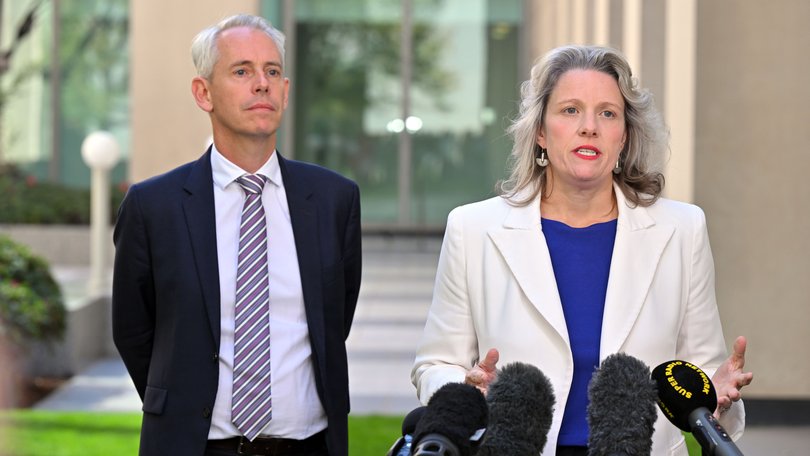High Court rules on detainees who refuse to cooperate in immigration detention test case

The High Court has ruled the Government is within its rights to keep people with cancelled visas locked up if they refuse to cooperate with efforts to deport them.
It unanimously dismissed a case brought by an Iranian man — known as ASF17 — who has been in immigration detention for 10 years since his bridging visa was cancelled.
The full bench of the court was told in April that the man was prepared to be deported to anywhere else in the world, even war-torn Gaza.
Sign up to The Nightly's newsletters.
Get the first look at the digital newspaper, curated daily stories and breaking headlines delivered to your inbox.
By continuing you agree to our Terms and Privacy Policy.The Commonwealth’s lawyers argued the man could return to Iran but was simply choosing not to.
They also said the man had had ample opportunity to raise the fears about treatment because of his sexuality during multiple visa applications and court cases, but had not done so until the High Court appeal.
The case was sparked in part by a shock decision by the High Court’s November NZYQ ruling that indefinite immigration detention was unlawful, which led to the release of more than 150 non-citizens from detention.
That ruling overturned two decades of precedent and has spawned multiple legal challenges to other aspects of the immigration detention and visa system.
In the unanimous ruling handed down on Friday, the High Court judges said the man’s detention “does not exceed the constitutional limitation identified in NZYQ” because he could still be deported in the foreseeable future if he decided to cooperate with officials.
“ASF17 could be removed to Iran if he cooperated in the process of obtaining the requisite travel documents from Iranian authorities. He has decided not to cooperate. He has the capacity to change his mind. He chooses not to do so,” Chief Justice Stephen Gageler wrote in the reasons for the decision, co-authored with five other High Court judges.
Justice James Edelman agreed with the decision to dismiss the man’s appeal but had separate reasons for doing so, including that he did not think the NZYQ case did in fact create a precedent that allowed the man to seek to be freed.
Immigration Minister Andrew Giles said after the decision that the Government had fought strongly to defend its position.
“We welcome today’s unanimous decision of the Court, which has found that individuals who are not cooperating with their own removal are able to remain in immigration detention until they are removed from Australia,” he said in a statement.
“Community safety continues to be our highest priority and we will continue to take all necessary steps to keep Australians as safe as possible.”
The Government had feared a loss in the ASF17 case would mean it had to free another 150-200 people who had had visas cancelled or refused.
It sought in March to rush through emergency laws to pre-empt the ASF17 case, before the Coalition and the Greens joined forces to stall the legislation.
The proposed new laws would impose mandatory minimum sentences of 12 months for detainees who resist deportation and allow the immigration minister to deny visas to anyone from countries that don’t accept involuntary returns – such as Iran.
The Coalition is now demanding major changes while the Greens are outright opposed, meaning Labor will need to rewrite the Bill if it wants to get it through Parliament.

